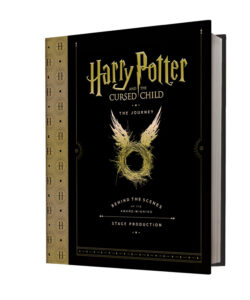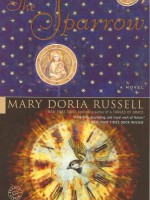 Summary: It is important to remember that it was normal every day people, not just civil rights heroes that participated in the Civil Rights movement.
Summary: It is important to remember that it was normal every day people, not just civil rights heroes that participated in the Civil Rights movement.
A few weeks ago, my pastor, while talking about the historicity of the gospel accounts of Jesus, mentioned that in seminary in the 1980s one of his professors suggested that within 20 to 30 years, once the survivors of the Holocaust started to die off, people would increasingly question whether the Holocaust actually happened. And now about 30 years after that professor’s aside we can see that Holocaust deniers are increasing around the world. My fear is that we will start having a similar denial of Civil Rights horrors.
It is one reason that I think that While the World Watched is an important book. Carolyn Maull McKinstry was a good friend to and the same age as the four girls that died in the Birmingham 16th Street Baptist Church bombing in 1963. She had left the bathroom where the girls died only a minute or so before the bomb went off.
Over the first several chapters, McKinstry slowly tells the story of that morning in short snippits while giving background to her life and community before that day. I think the method isn’t a bad one, because the reader is picking up the book because of that day. But in order to really understand the day, we need to have context to understand what was really happening. So the first four chapters are a little slow in unfolding the overall story.
But once that central story of the book is told, if anything the book becomes even more important. Carolyn Maull McKinstry was just an average 14 year old. She was born into an educated family (both of her parents and both of her mother’s parents had college degrees). Both of her parents worked with good jobs. But this is a story of an average girl. She did not have a special seat at the Civil Rights movement’s table.

 Summary: An early memoir of finding God through the church.
Summary: An early memoir of finding God through the church.




